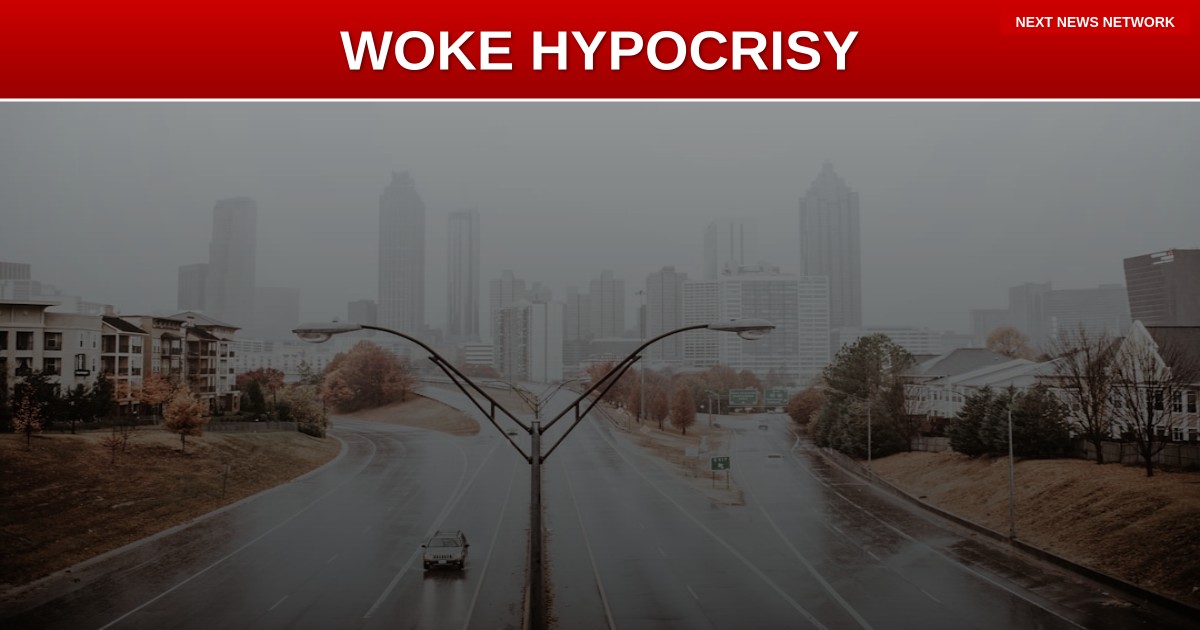
WOKE HYPOCRISY: NBA Team Plans to HONOR Strip Club During International Women's Month
The Atlanta Hawks announced they'll celebrate a famous strip club as part of International Women's Month, exposing the left's twisted definition of 'empowerment.'
Get breaking news and exclusive content delivered to your inbox.

The Atlanta Hawks announced they'll celebrate a famous strip club as part of International Women's Month, exposing the left's twisted definition of 'empowerment.'
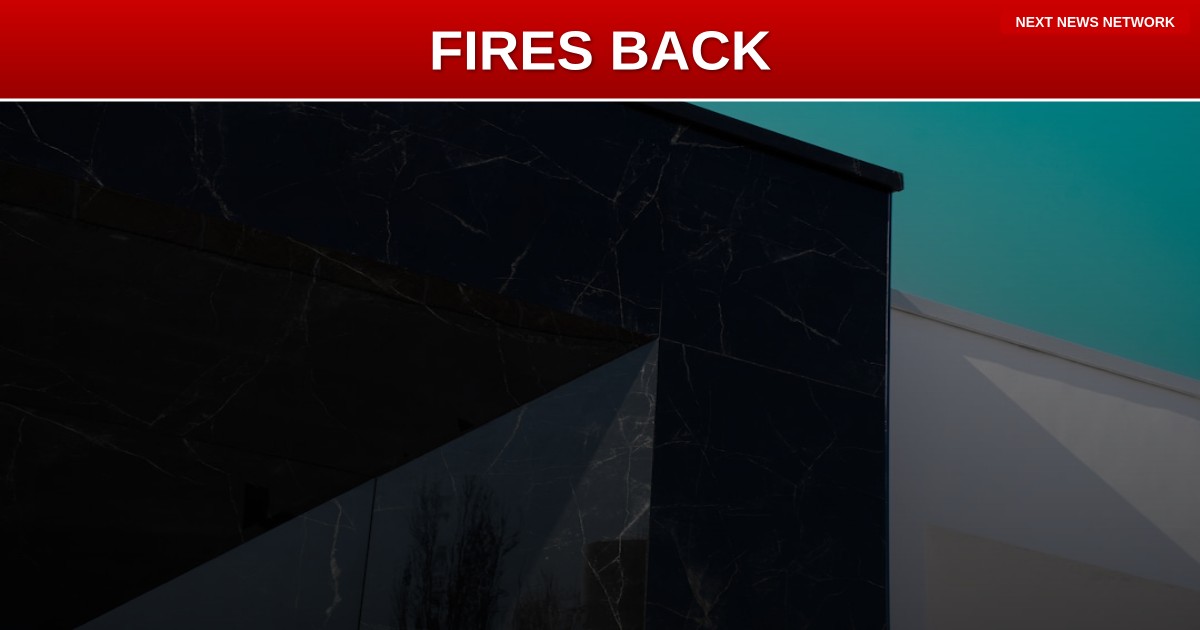
Press Secretary Karoline Leavitt defends Trump administration's military strategy against Iran as some right-wing pundits claim messaging confusion.
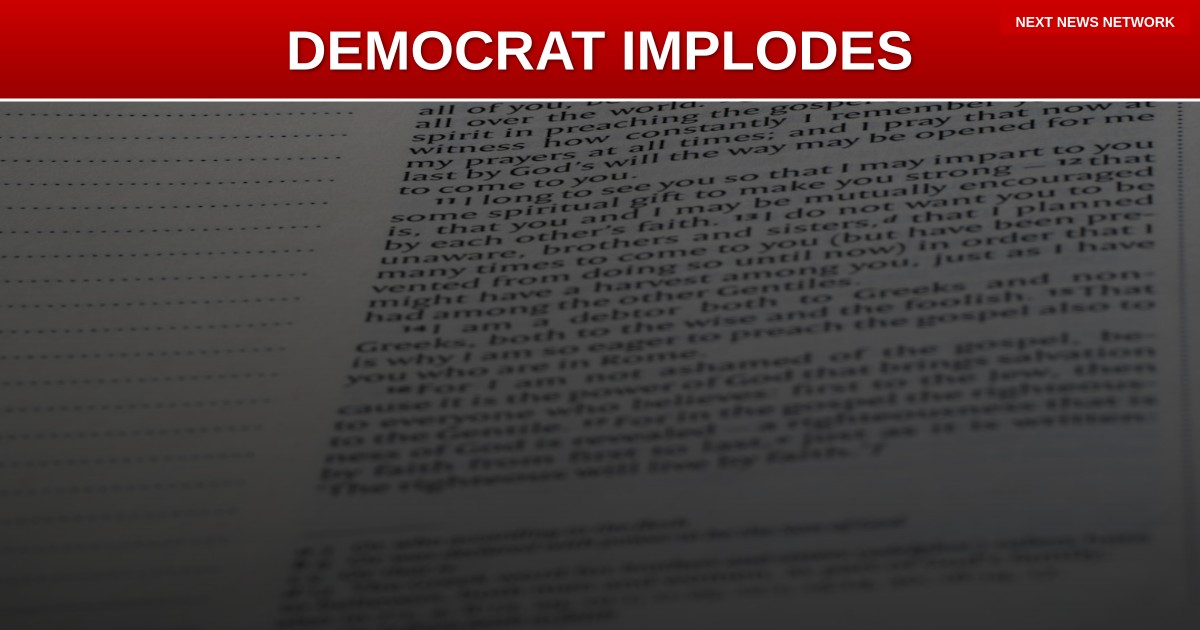
Graham Platner's Senate bid crumbles as he's caught promoting antisemitic conspiracy theorists, adding to his growing pattern of Nazi-related controversies that have Democrats scrambling for damage control.

After boycotting the establishment media lovefest for five years, President Trump announces he'll attend this year's White House Correspondents' Dinner, guaranteeing it will be the most watched in history.

The health technology that Trump, RFK Jr., and the elite have been using for cellular regeneration and longevity is now being made accessible to everyday patriots through the Make America Healthy Again movement.

Blood-soaked evidence reveals Austin mass shooter Ndiaga Diagne wore Iranian flag during his deadly rampage that left 2 dead and 14 wounded. The Deep State media is already trying to bury this story.

The Atlanta Hawks plan to celebrate 'Magic City Monday' on March 16, honoring a famous strip club during a month supposedly dedicated to respecting women.
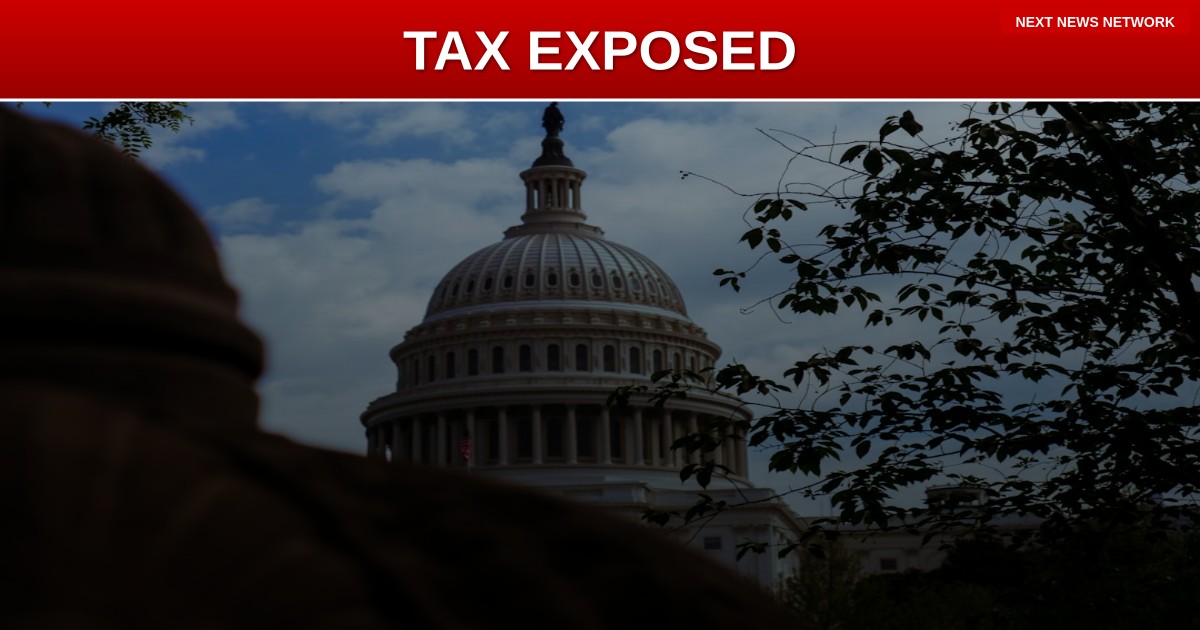
A prominent Democrat just accidentally revealed what conservatives have been warning about for years - their tax hikes won't stop with the wealthy.

Graham Platner's Senate bid crumbles as he's caught promoting antisemitic conspiracy theorists, adding to his growing pattern of Nazi-related controversies that have Democrats scrambling for damage control.

After boycotting the establishment media lovefest for five years, President Trump announces he'll attend this year's White House Correspondents' Dinner, guaranteeing it will be the most watched in history.

The health technology that Trump, RFK Jr., and the elite have been using for cellular regeneration and longevity is now being made accessible to everyday patriots through the Make America Healthy Again movement.

A prominent Democrat just accidentally revealed what conservatives have been warning about for years - their tax hikes won't stop with the wealthy.

Press Secretary Karoline Leavitt defends Trump administration's military strategy against Iran as some right-wing pundits claim messaging confusion.
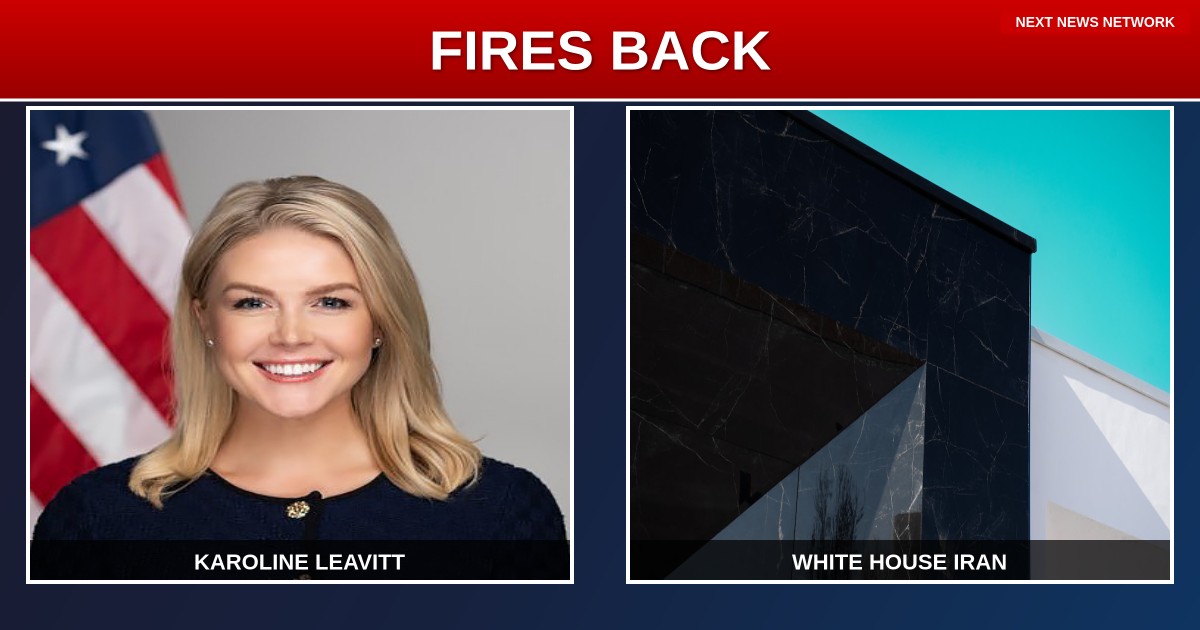
Press Secretary Karoline Leavitt delivers crushing response to right-wing pundits questioning Trump's Iran messaging, as administration doubles down on America First military doctrine.

The White House has released a stunning compilation proving President Trump has been the most consistent voice in American politics on one critical issue: Iran will NEVER obtain a nuclear weapon under his watch.

A shocking video reveals a military officer launching an expletive-laden tirade against American foreign policy, proving exactly why President Trump's Pentagon housecleaning can't come soon enough.

As military operations unfold in Iran, prominent conservative commentators are raising tough questions about America's involvement in yet another foreign conflict.

As tensions simmer between Iran and Israel, ordinary Iranians are risking everything to send a message the mainstream media refuses to cover: they want freedom, not war with the West.

In a stunning display of American military might, President Trump reveals the U.S. has decimated Iranian military infrastructure, taken out Supreme Leader Khamenei, and sunk nine naval vessels in what may be the most decisive action against the terror regime in history.
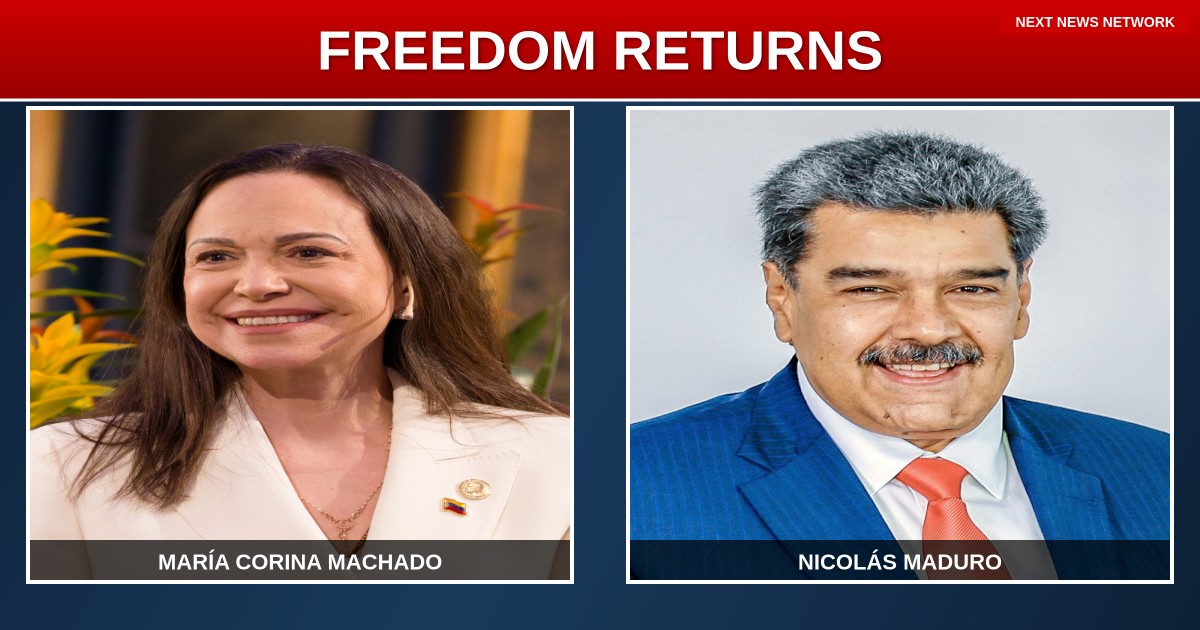
Venezuelan opposition leader María Corina Machado announces she'll return home 'in a few weeks' to lead democratic transition following socialist dictator Nicolás Maduro's downfall.
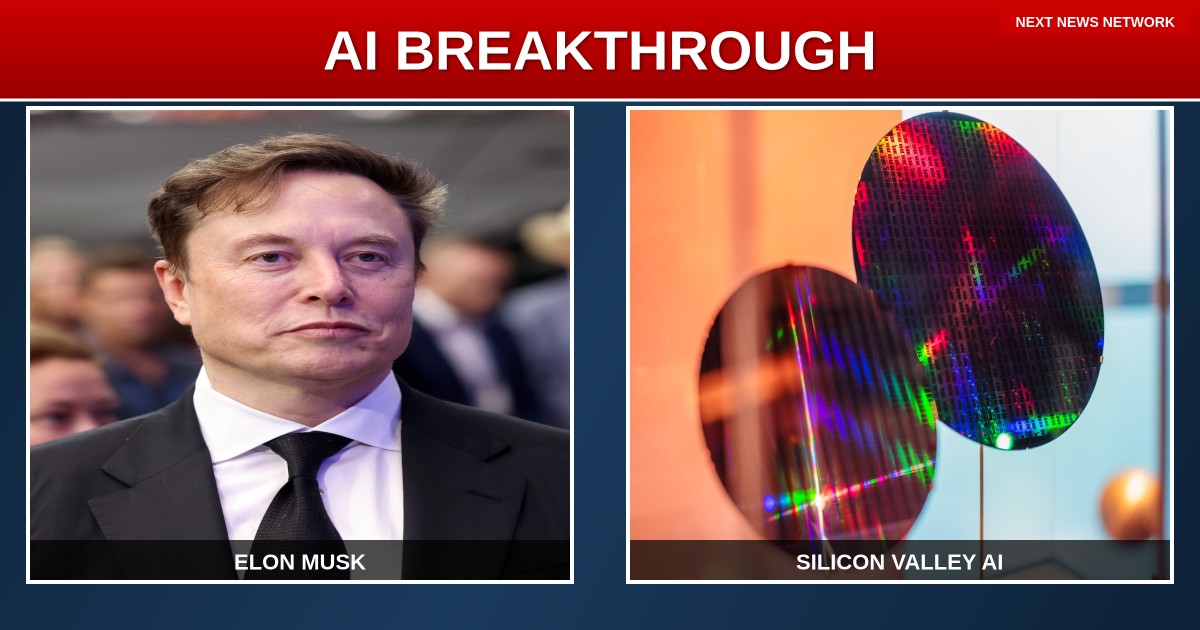
Elon Musk's latest xAI update delivers unfiltered responses on Trump and America while Big Tech competitors remain trapped in leftist groupthink programming.
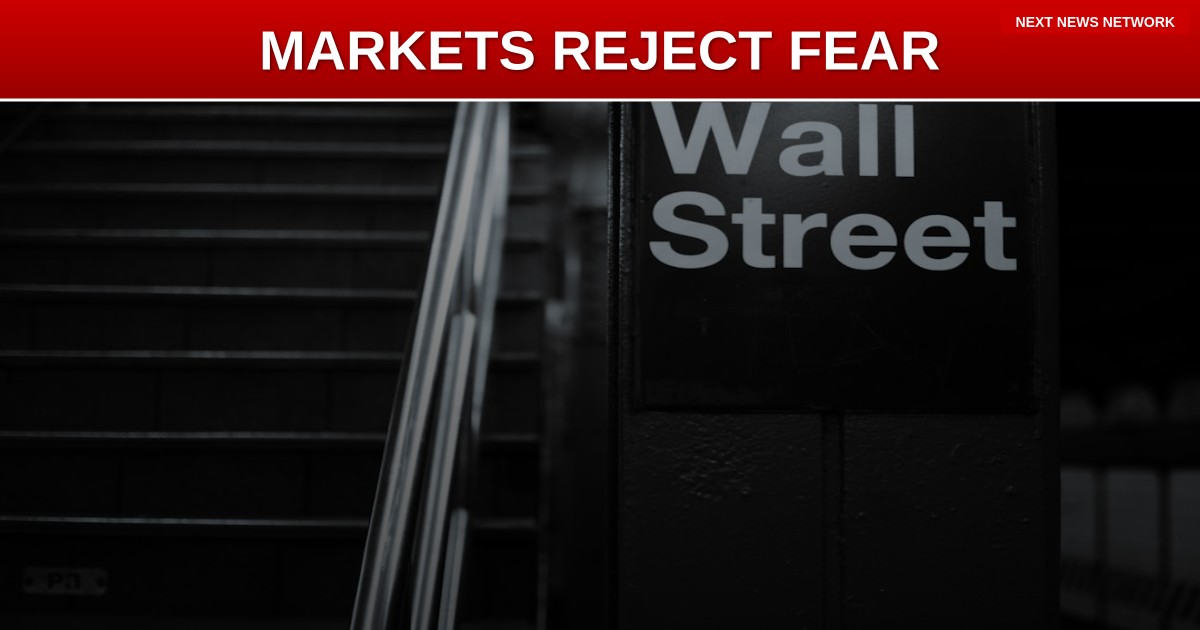
Wall Street sends clear message: Trump's decisive Iran response won't derail America's economic boom, but Federal Reserve blunders could still sabotage our prosperity.
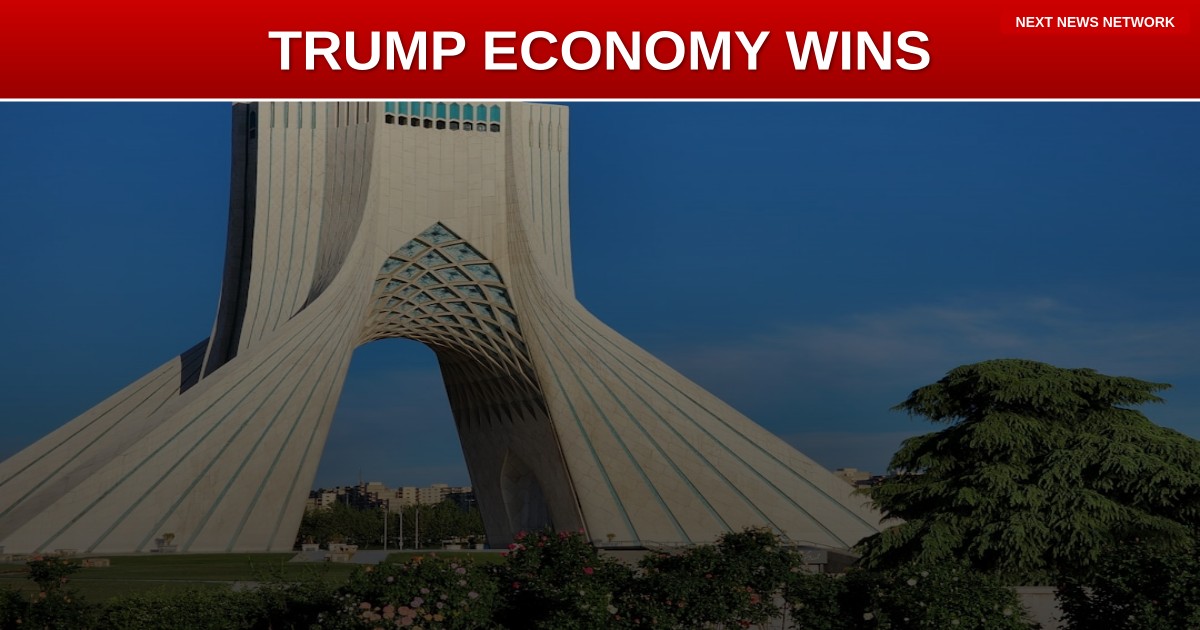
Financial markets signal Trump's strong economy can weather Iran conflict, but experts warn Federal Reserve policy mistakes pose bigger threat than oil price spikes.
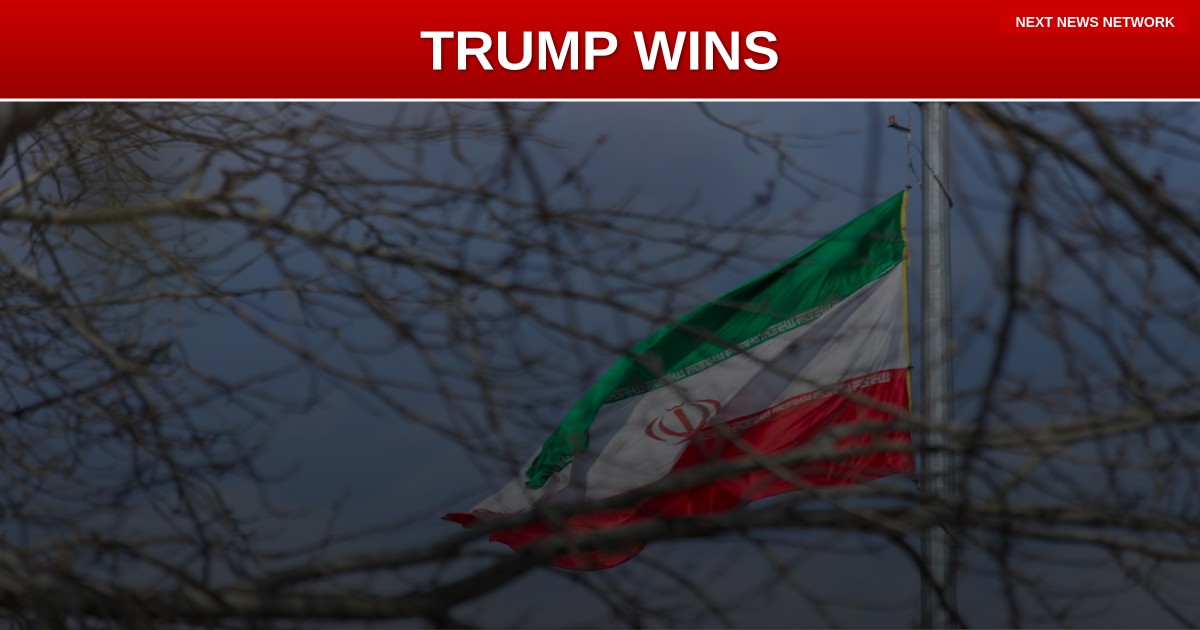
While energy prices surge following U.S.-Israel strikes on Iran, American stock markets remain remarkably steady, proving Trump's energy dominance strategy is working for patriots.